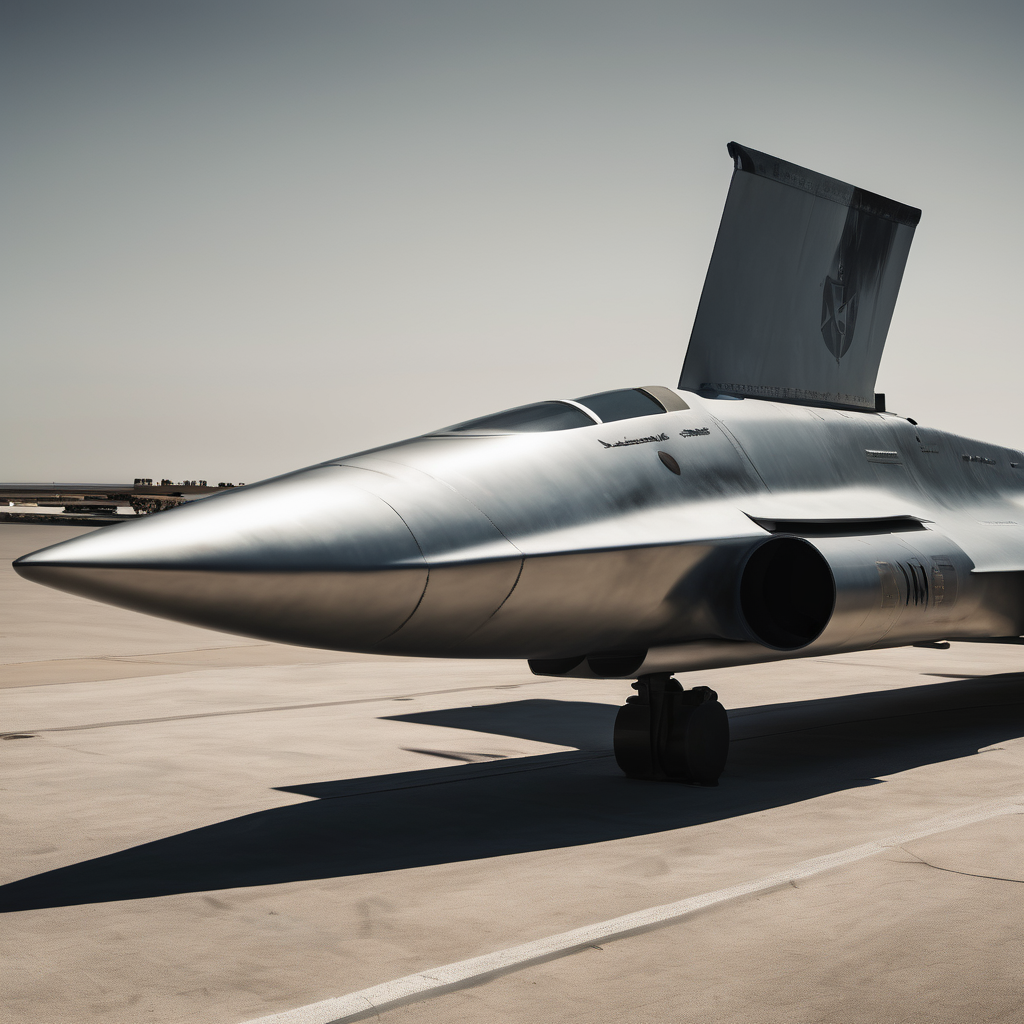The Kremlin has reiterated its stance against the United States potentially selling Tomahawk missiles to Ukraine, framing such a move as an escalation that could severely damage US-Russian relations. In an interview with the Russian business outlet Kommersant, Russian Foreign Minister Sergey Lavrov expressed concerns that the sale would undermine improvements made between the US and Russia during the Biden administration. He described the potential missile sale as a “colossal damage” to the normalization efforts.
In contrast, the Institute for the Study of War (ISW) assesses that the provision of Tomahawk missiles to Ukraine would not significantly escalate the conflict but instead serve to balance the inventory of long-range weapons used by both sides. ISW pointed out that Russia has been utilizing similar long-range cruise missiles, including the Kh-series and Kalibr missiles, to conduct strikes against Ukraine. Lavrov’s warning aligns with a broader Kremlin strategy aimed at dissuading the US from enhancing military support for Ukraine.
Support for Ukraine remains robust within the Trump administration, with President Donald Trump affirming that Ukrainian President Volodymyr Zelensky is in favor of acquiring Tomahawk missiles. Defense Secretary Pete Hegseth emphasized the need for European allies to bolster military aid to Ukraine, marking the October 17 meeting between Trump and Zelensky as a pivotal moment for future military support discussions.
As military operations continue, Dutch officials reported unidentified drones disrupting communications during a NATO exercise in Poland, highlighting an increasing trend of drone incursions across Europe, which ISW links to a potential Russian campaign aimed at setting the conditions for future conflict with NATO.
Following the recent Ukraine Defense Contact Group meeting, European allies pledged new military assistance to Ukraine. Nations such as Finland and Lithuania are contributing to NATO’s Prioritized Ukrainian Requirements List initiative, and the Netherlands announced a significant financial investment for drone production in Ukraine. Additionally, UK sanctions against Russian oil companies aim to diminish Russia’s financial resources for the war.
Recent reports indicate that Russian forces have increased their offensive operations in eastern Ukraine, specifically in regions like Zaporizhia and Kharkiv, while Ukrainian forces have executed strike operations targeting Russian infrastructure. Ukrainian intelligence has successfully targeted a Russian internet provider, leading to substantial financial losses and a significant data breach. Meanwhile, Ukrainian strikes have impacted Russian oil refineries crucial to military logistical support.
The situation remains fluid as both sides continue military engagements, with ISW noting growing concerns regarding Russia’s military presence in Belarus and joint exercises that suggest an increase in military cooperation between the two nations. As the conflict endures, international support for Ukraine continues to solidify, with hopes for a strengthened defense against ongoing aggression.
